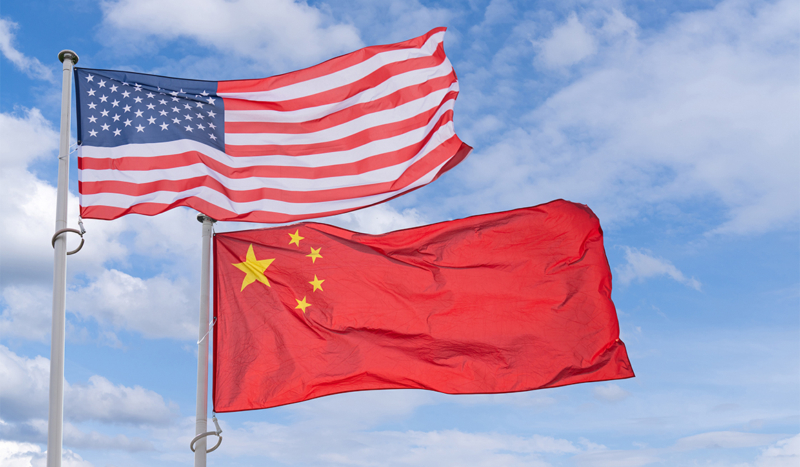
Shutterstock
CV NEWS FEED // A hypothetical trade war with China could cause short-term damage to America but would likely result in detrimental long-term repercussions for the communist-run country, an American military historian recently wrote for American Greatness.
Victor Davis Hanson noted that as tariffs rise on both sides, China has begun soliciting support from other Asian countries, Australia, and the EU to combat pushback received from the U.S. under Trump’s administration. However, he explained, China is in a precarious position in the trade world.
“China is running a nearly $1-trillion trade surplus with the world. Its mercantilism is the result of market manipulations, product dumping, asymmetrical tariffs, patent, copyright and technology theft, a corrupt Chinese judicial system, and Western laxity — or what might be mildly called ‘bullying,’” he wrote, adding that the U.S. makes up roughly one-third of China’s trade surplus. However, the U.S.’s trade market also serves for much of the world as an alternative to dealing with China.
Hanson also pointed to the COVID-19 pandemic and China’s commitment to building up its military defense and nuclear bomb supply, showing aggression toward neighboring countries, and exploiting impoverished populations.
“China has done everything possible to incur global distrust and fear,” he wrote.
He predicted that in the next 90 days, the Trump administration will likely conclude trade deals with countries that have similar, low, or no tariffs, helping reduce America’s trade deficit.
“If China really does reduce most of its exports to the U.S., America will have to scramble for a year or so to establish new supply chains and some alternate importers of U.S. products,” he wrote. “But after a year of gradual dislocation, China will begin to hemorrhage, and then quite suddenly, given the U.S. has almost all the advantages — if it chooses to use them.”
Hanson wrote that countries with higher tariffs and larger trade surpluses generally lose trade wars and added that pushing back against China’s trade dealings may result in massive unemployment and widespread dissatisfaction among factory workers in China that has the potential to turn violent.
He also wrote that China stands to lose trillions of dollars and suffer a loss of travel privileges to the U.S., which would affect its technology development. According to Hanson, thousands of Chinese citizens come to the U.S. for a western education in technology, engineering, and math and then return to China and use their skills there. Other factors, like China’s smaller military defense and reputation for human rights violations, also affect how successfully it can fight in a trade war.
“In sum, if the Trump administration can conclude first-round — good enough but not yet perfect — trade deals in the next few weeks with major EU countries, Japan, and other Asian and Pacific powerhouses, and then redirect to China, it will gain both political support and economic advantage,” Hanson wrote.
“It also must message strategically, given that China, for a half-century, has waged a quiet trade war that has now birthed a loud reaction,” he added. “So, the administration must remember that the current status quo is the aberration, and its correction is a return to normalcy.”

